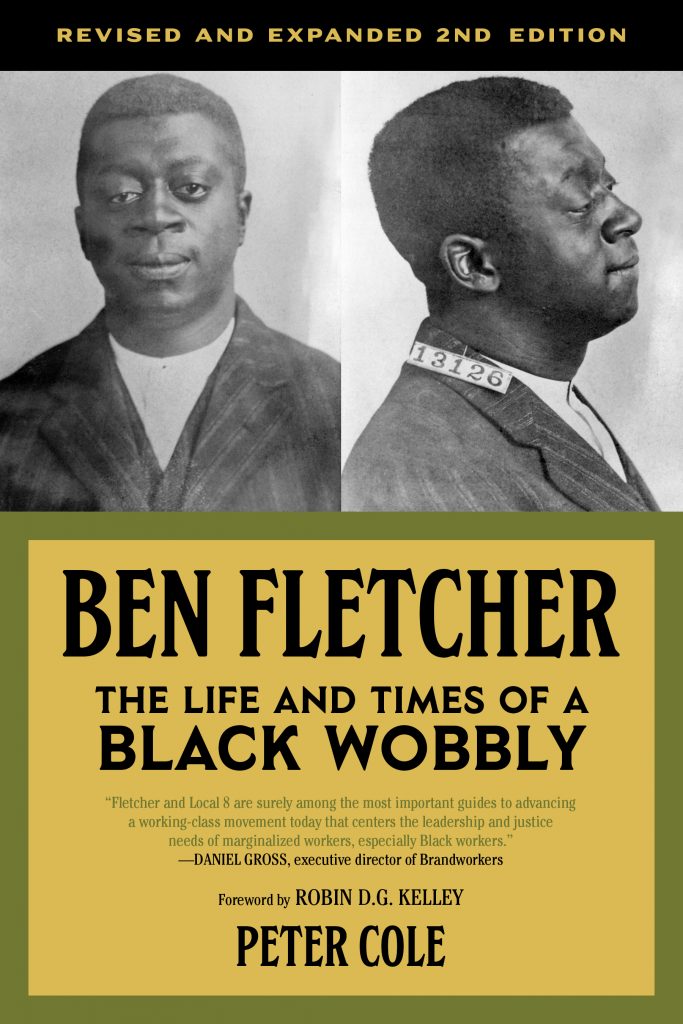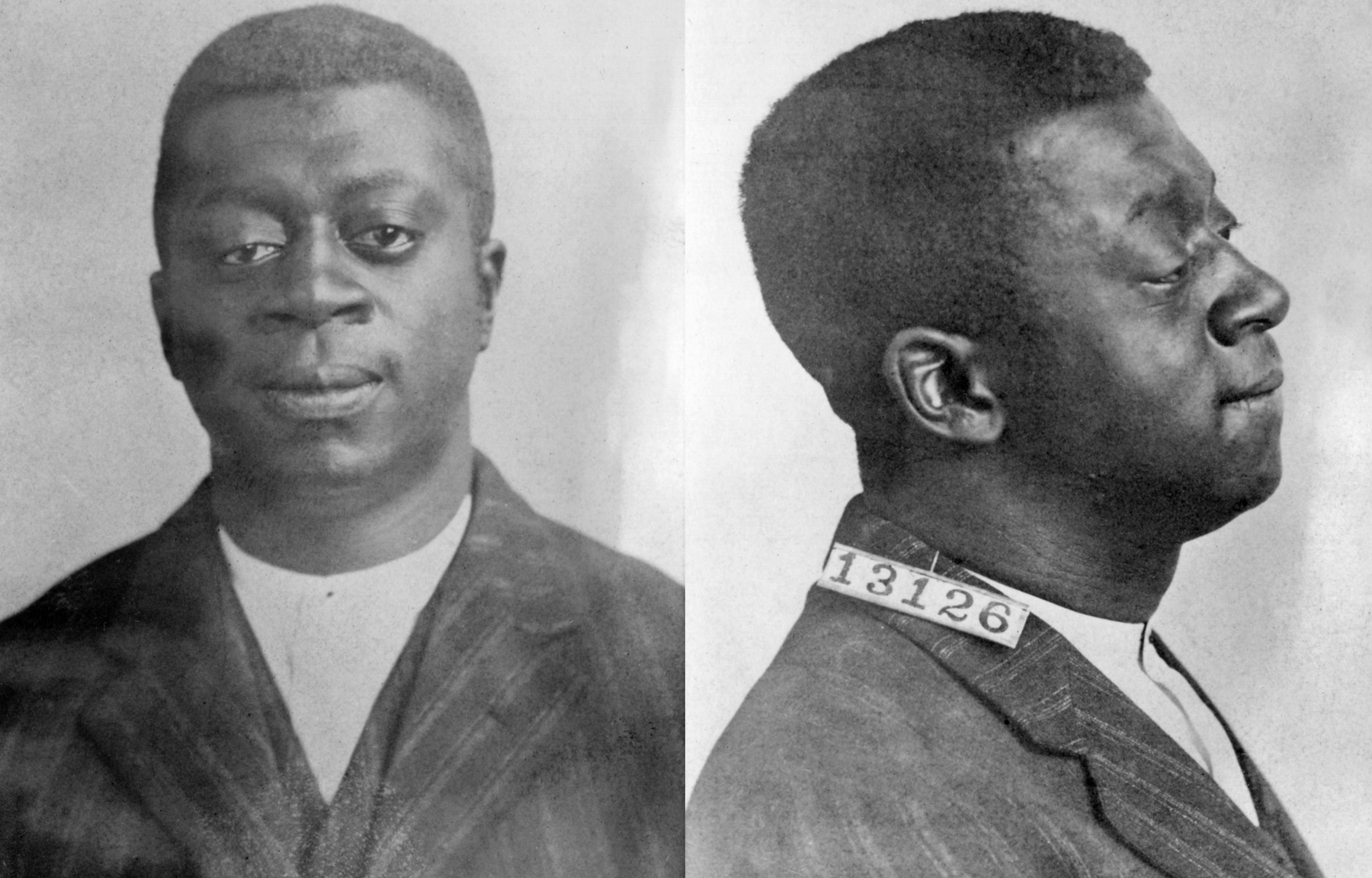The IWW was born in 1905. On January 2, 1905, several dozen people identifying as “industrial unionists” met in Chicago and issued a call to form a new labor union.
That June several hundred people belonging to more than 40 unions and radical organizations returned to Chicago, where they founded the Industrial Workers of the World [Wobblies of the World: A Global History, 3].
On July 8, attendees adopted the now-legendary Preamble to the IWW’s Constitution, which boldly and famously declared: The working class and the employing class have nothing in common.
Clearly, the IWW believed in class struggle and the need for a proletarian revolution to bring socialism to the world. However, unlike most socialists, the IWW did not privilege political means for achieving socialist ends. Rather, the IWW and other syndicalist organizations saw industrial unions, direct action on the job, and the climactic general strike as the logical and best ways to enact revolutionary change.
Already in 1905, and even more so after 1908, this ideological distinction mattered a great deal [Wobblies of the World: A Global History, 3-4].
The question that comes to the fore today begs us to ask: is it time for this ideological difference to be reassessed for its efficacy? What are the categories of thought, assessed through practice over time and space, up until this point relevant to be included in our analysis that is necessary to redirect/realign current labor efforts to emancipate our labor power?
The IWW, from its inception, committed itself to organizing all workers regardless of their ethnic, national, racial, or gender identities.
The other major IWW effort to organize African Americans occurred on the Philadelphia waterfront where, for almost a decade, the IWW’s Marine Transport Workers Local 8 dominated one of the nation’s largest ports. Born out of a successful strike in 1913, Local 8 represented upwards of 5,000 dockworkers, among them the Wobblies’ most well-known African American, Ben Fletcher. A brilliant speaker and organizer, Fletcher, together with other Wobbly organizers—black and white, native-born and immigrant—forced employers to hire Local 8 members exclusively for nearly a decade. [Wobblies of the World: A Global History, 6-7].
Today, I speak with Peter Cole, where we contextualize and expand on the work of the IWW and the influence of Ben Fletcher. We weave together a tapestry of places, experiences, and movements that culminate into a lens through which we use to understand the life and influences of Ben Fletcher and the IWW.
Peter Cole is a Professor of History at Western Illinois University and Research Associate in the Society, Work and Development Program at the University of the Witwatersrand in Johannesburg, South Africa.
He is the author of Wobblies on the Waterfront: Interracial Unionism in Progressive Era Philadelphia; the award-winning Dockworker Power: Race and Activism in Durban and the San Francisco Bay Area; [an editor of] Wobblies of the World: A Global History of the IWW; and the recently re-released: Ben Fletcher: The Life and Times of a Black Wobbly.
Peter Cole is also the founder and co-director of the Chicago Race Riot of 1919 Commemoration Project (CRR19). And publishes widely on internationalism, labor, and race.
Our show was produced today in solidarity with the Native/Indigenous, African, and Afro Descendant communities at Standing Rock; Venezuela; Cooperation Jackson in Jackson, Mississippi; Brazil; the Avalon Village in Detroit; Colombia; Kenya; Palestine; South Africa; Ghana, Ayiti, and other places who are fighting for the protection of our land for the benefit of all peoples!
Listen intently. Think critically. Act accordingly … Enjoy the program!
Here is a collection of some of his writing:
africasacountry.com/author/peter-cole
www.newframe.com/writer/peter-cole/
inthesetimes.com/authors/peter-cole
jacobin.com/author/peter-cole
@ProfPeterCole







